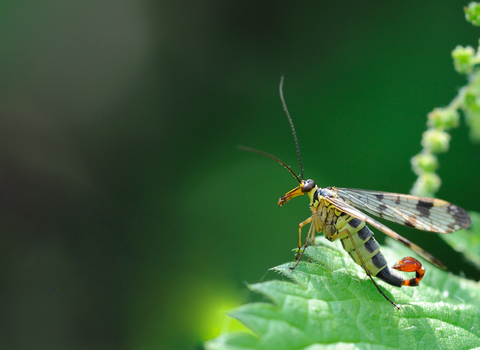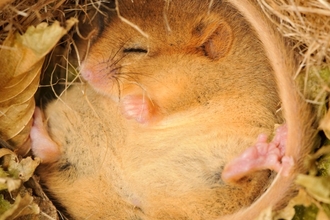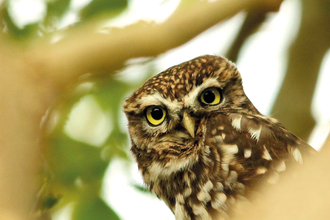We're currently reviewing our offer!
At present, we are able to offer talks in the Grassington and Flamborough areas!
Prices
Our talks are run by a mixture of volunteers and staff members. We request a minimum donation for the talks that we offer, part of which helps us cover the expenses of sending a speaker to your location and the rest of which goes directly to helping Yorkshire’s wildlife.
As we receive requests from a wide variety of organisations, our donations are tiered based on the number of attendees at the talk in order to make our presentations accessible to the widest number of people.
Please note, our minimum group size for an outreach talk is 20 people.
Groups between 20 and 40 people: £55 (suggested donation)
Groups between 40 and 60 people: £75 (suggested donation)
We are happy to receive cheques posted to us or direct bank transfers to Yorkshire Wildlife Trust – please note we are unable to take cash and our speakers are unable to take cheques or transfers personally. Donations must be received at least 10 working days prior to the event to confirm our attendance.
Contact us
If you are interested in booking a talk with Yorkshire Wildlife Trust, please contact toni.wainwright@ywt.org.uk
Book a talk with Professor Alastair Fitter
We also have a close working relationship with Professor Alastair Fitter CBE, FRS, at the University of York, who offers the following specialist talks with proceeds going to Yorkshire Wildlife Trust.
If you are interested in booking Alastair for a talk, please contact him directly to discuss recommended donations: alastair.fitter@york.ac.uk.
He's happy to give a talk on the following subjects:
When will it flower? Plants and climate change
The time at which many plants come into flower has changed greatly recently. How much of this is due to climate change and what are the implications?
The answer lies in the soil
Soil is the basis of all life on land, including ourselves and yet we abuse it. The consequences have always been horrific and will be so again unless we stop treating soil like dirt.
Friendly fungi?
Most plants have symbiotic fungi in their roots, known as mycorrhizal fungi. Some of these fungi offer substantial benefits to the plants, but mycorrhizal symbioses are diverse and not all the relationships are so friendly.
One man went to mow: the ecology and management of meadows
What is and what isn’t a meadow, why they are important and how to create and maintain them.
Hidden nature, hidden value
The ‘ecosystem services’ that are supplied by the hidden, often microscopic creatures that abound in soil.
Richard Fitter and London’s Natural History
London's Natural History was Richard Fitter's first book and established him as a major figure in conservation. It was the first book that treated a city as a worthy subject for a naturalist and was way ahead of its time. This talk shows why the book mattered so much.
The State of Nature in Yorkshire
How do we know what plants and animals there are in our county, how well they are faring and how well protected they are?
Yorkshire’s Biodiversity Hotspot: the History and Ecology of Askham Bog
Highlights the remarkable biodiversity of this iconic and unusually well-studied place and looks at the recent campaign to save it from a proposed development, considering the conservation implications.
Wildlife Gardening
How to create and maintain a wildlife-friendly garden.
Working for a Wilder Yorkshire
The work of the Yorkshire Wildlife Trust.



